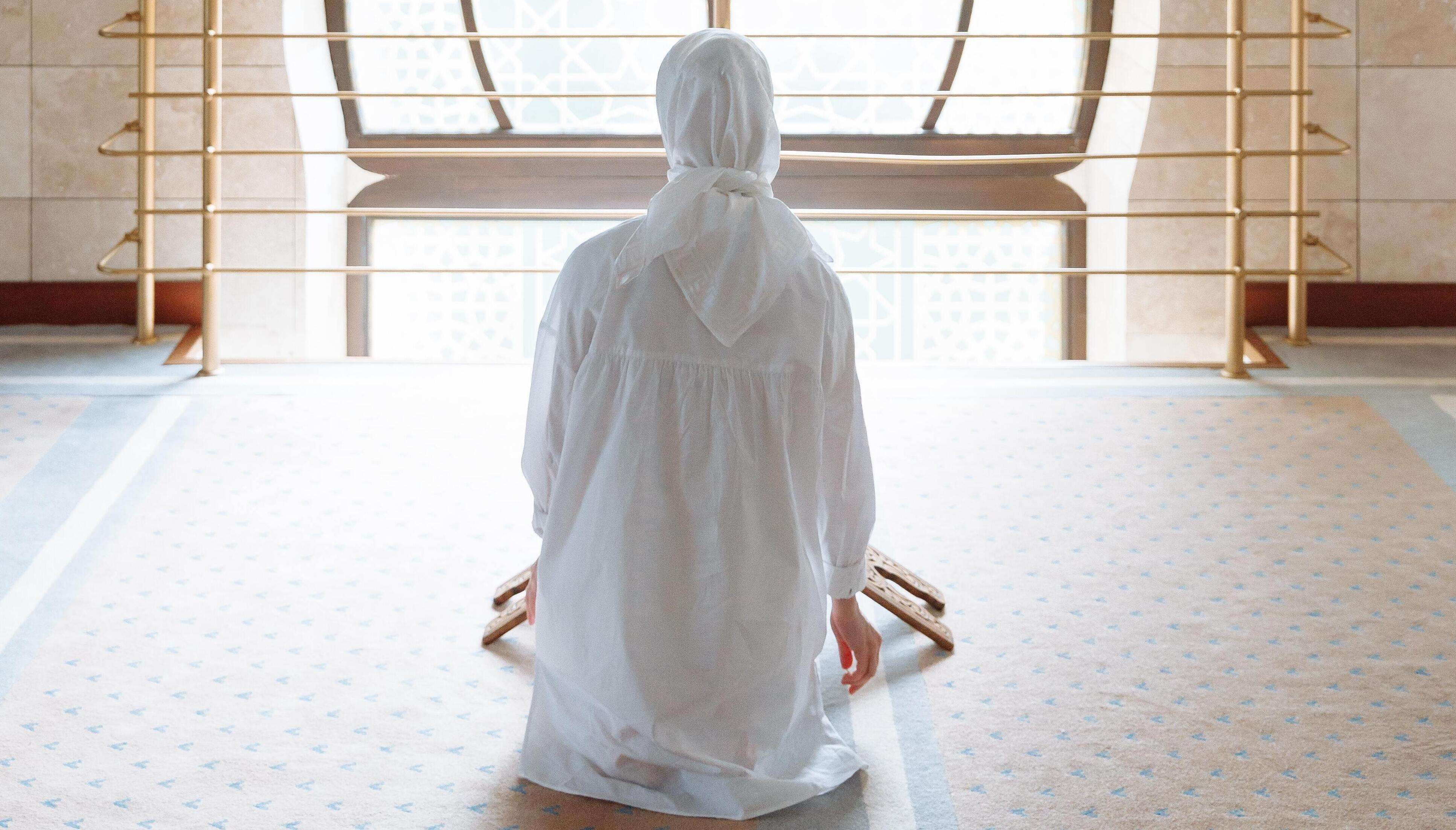
Islam places a high value on education, both for men and women. The Quran and Hadith emphasize the importance of knowledge and learning, and they encourage Muslims to seek knowledge throughout their lives.
There are many benefits to education for women in Islam. Education empowers women to make informed decisions about their lives, and it helps them to reach their full potential. It also allows them to contribute more meaningfully to their families, communities, and societies.
Here are some specific benefits of education for women in Islam:
- Economic empowerment: Education helps women to find better jobs and earn higher incomes. This can help them to improve their own living standards and the living standards of their families.
- Social and political participation: Education helps women to become more informed citizens and to participate more actively in social and political life. This can help to create a more just and equitable society for all.
- Improved health and well-being: Education helps women to understand and manage their own health and well-being. It also helps them to raise healthier children.
- Increased gender equality : Education helps to promote gender equality by giving women the same opportunities as men to learn and grow.
In addition to these specific benefits, education also helps women to become more confident and independent. It gives them the knowledge and skills they need to succeed in life.
There are many examples of successful women in Islam who have benefited from education. For example, Khadija bint Khuwaylid, the first wife of the Prophet Muhammad (peace be upon him), was a successful businesswoman. She was also a scholar and a teacher. Aisha bint Abu Bakr, another wife of the Prophet Muhammad (peace be upon him), was a leading scholar and teacher of the Quran and Hadith.
These are just a few examples of the many benefits of education for women in Islam. Islam teaches us that education is a right and a responsibility for all Muslims, male or female. We should all strive to promote education for women in our communities and societies.
References to Quranic verses and hadiths:
- Quran:
-
“Read. Read in the name of thy Lord who created; [He] created the human being from blood clot.
Read in the name of thy Lord who taught by the pen: [He] taught the human being what he did not know.” (Q96: 1-5) - “Seeking knowledge is an obligation for every Muslim, male or female.” (Sahih al-Bukhari)
- “And when you are told to rise, then rise. This is better for you.” (Quran 2:256)
-
‘Can those who have knowledge and those who do not be alike?’ So only the wise do receive the admonition. [al-Zumar, 39:9.]
-
- Hadith:
- “The best thing a father can give his child is a good education.” (Hadith al-Tirmidhi)
- “Knowledge is a light that Allah casts into the heart of His servant.” (Hadith al-Bukhari)
- “Whoever goes out in search of knowledge is in the path of Allah until he returns.” (Hadith al-Tirmidhi)
These are just a few examples of the many Quranic verses and hadiths that emphasize the importance of education for both men and women. Islam teaches us that education is a key to success in this world and the next. We should all strive to seek knowledge and to educate ourselves throughout our lives.
Listen to the Best Islamic Content on Rabt
Download Now
